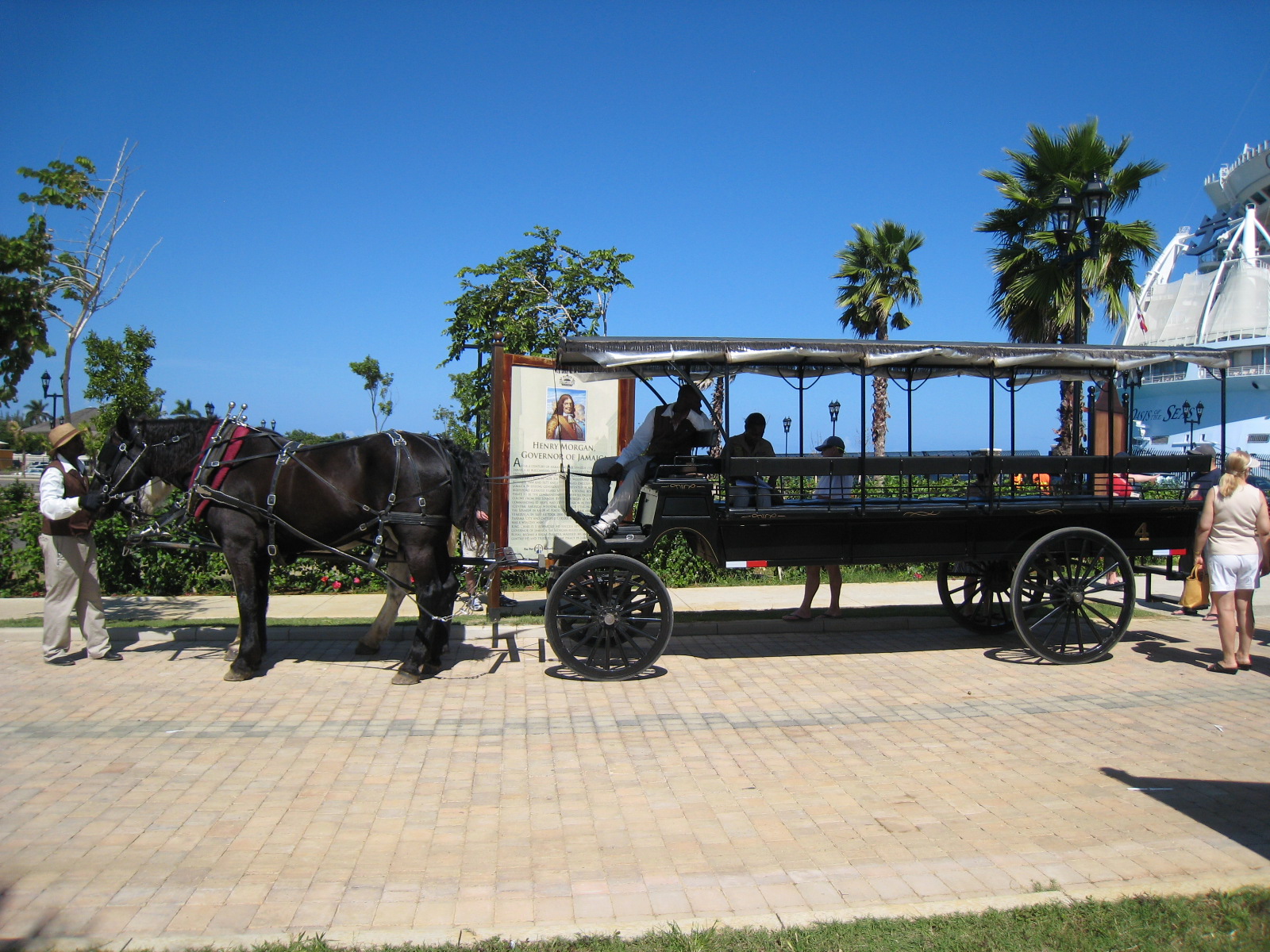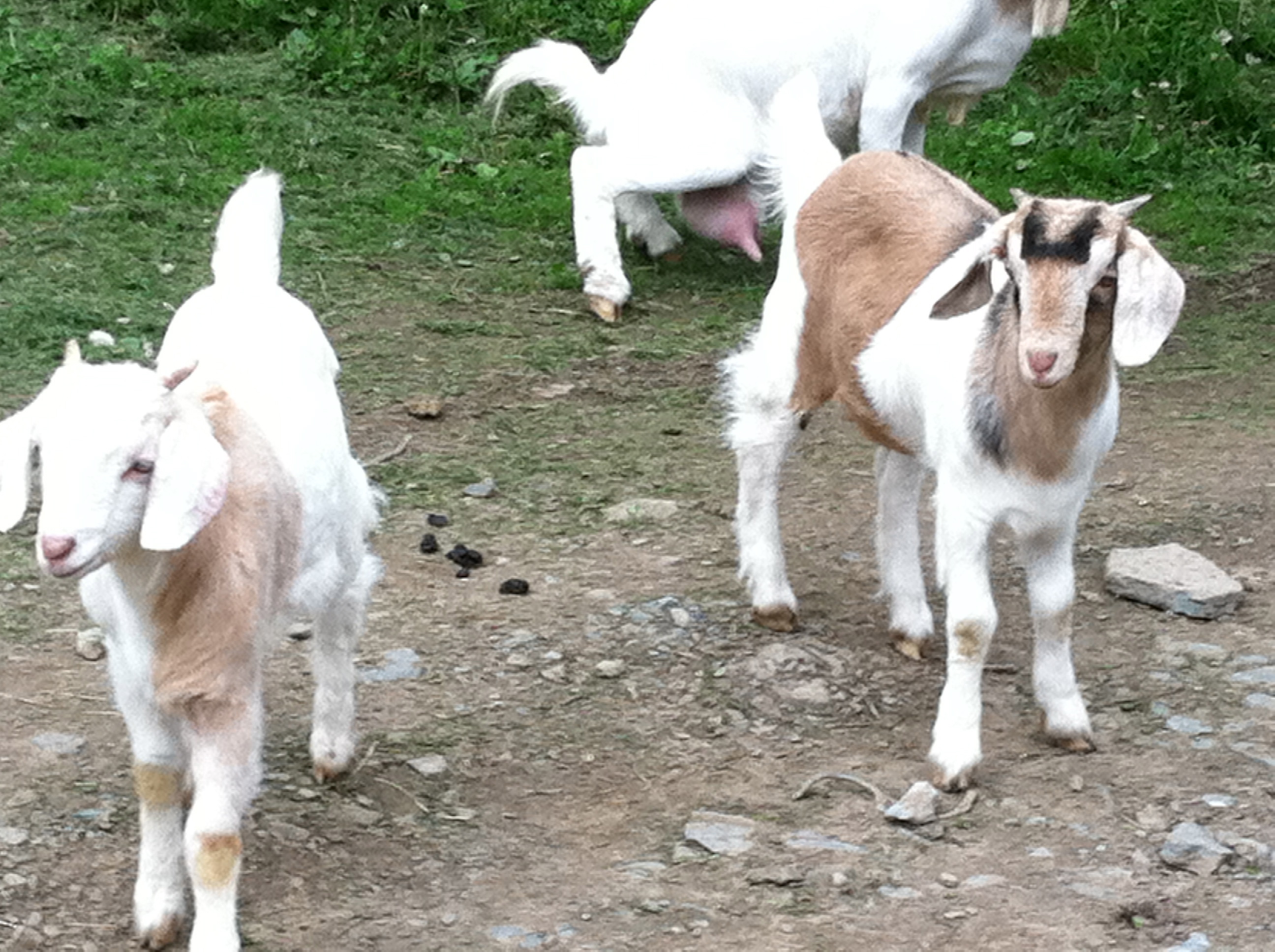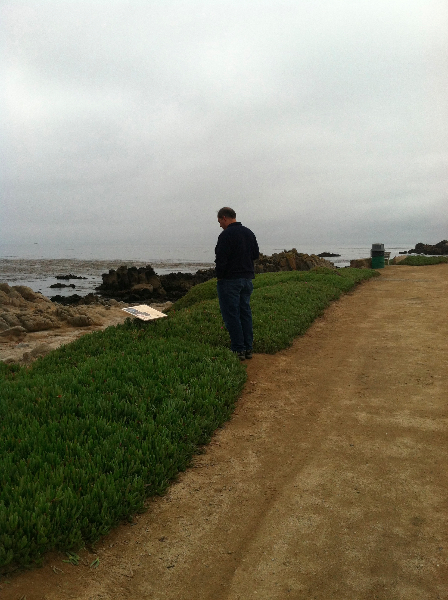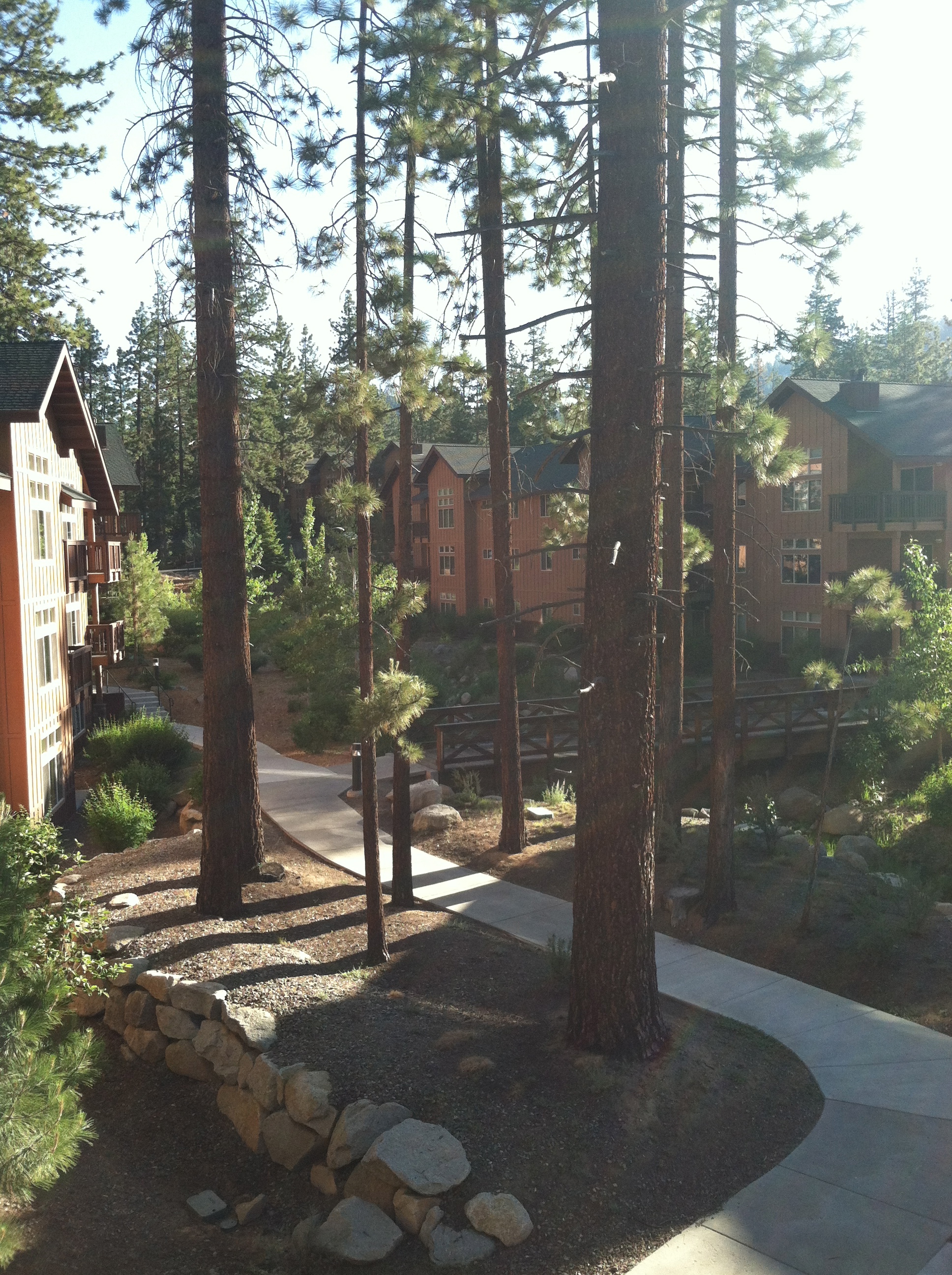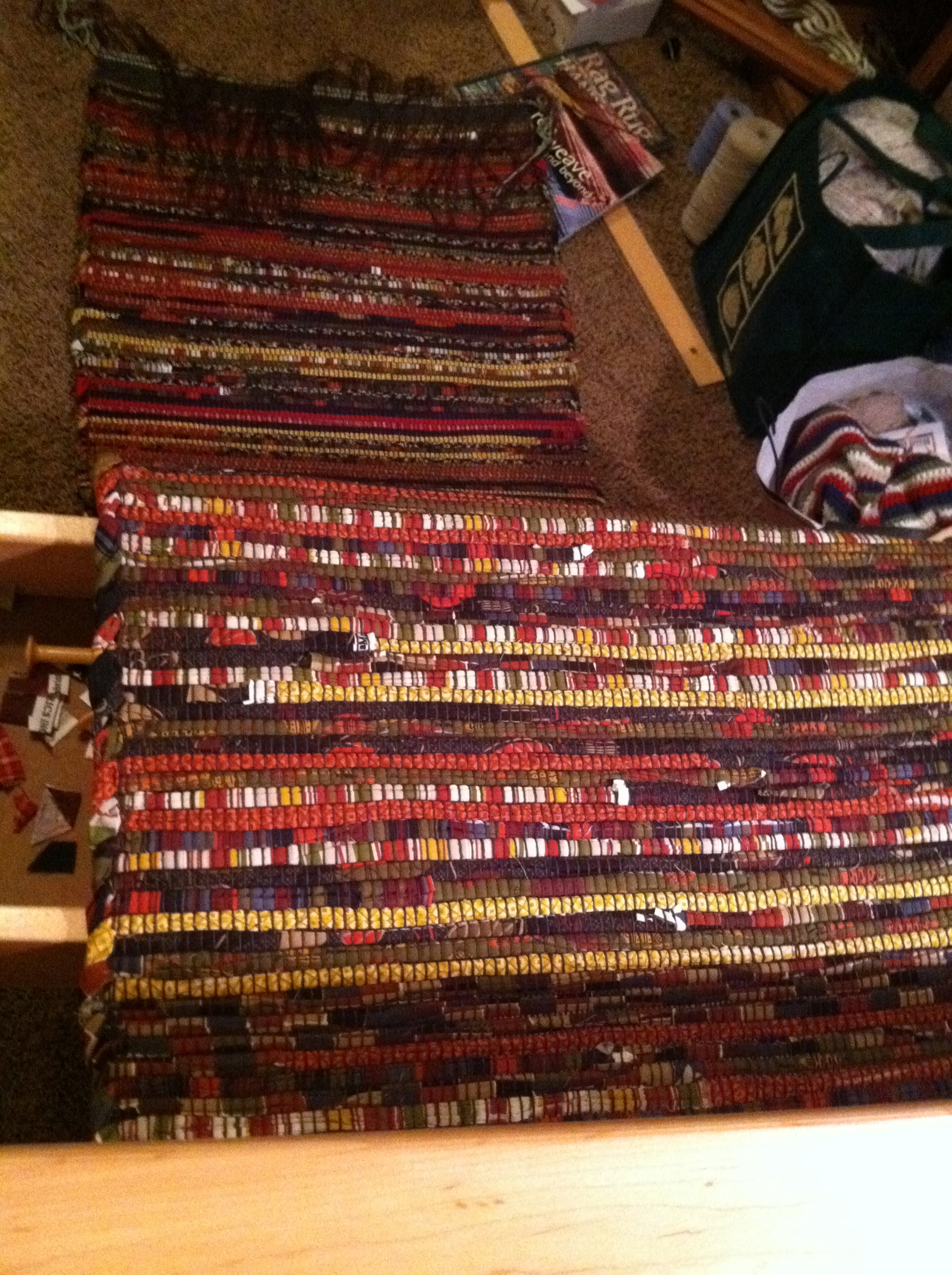 “Children adjust as well as you do.” – Unknown
“Children adjust as well as you do.” – Unknown
Telling our children we have cancer or someone they know and love has cancer is very difficult and often poses mental dilemmas and anguish for a parent. Young or old, its one of the many, many, things that cause stress and anxiety in addition to the cancer diagnosis. The collateral damage, the fallout, if you will.
So what do you do?
This came up a lot at a social cancer website I used to frequent. There were, as you can imagine, the don’t tell group, the tell group and the fence sitters. I am in the “tell” group. Largely due to the fact that I have never underestimated the amazing perception of children. I know, I was one. My father used to tell people he could never hide anything from me, and he was a highly trained SAC guy! (Strategic Air Command) State Secrets were safe, but I knew when something was up, if he was in distress, those intangibles I picked up on quickly and at a very early age. I remember once when I was older, being in a home with three children who were a lot younger than me. When the parents weren’t in the room, these small children started to discuss the fact that they thought something was wrong because their parents hadn’t kissed in three whole days! I was struck by their astute observation, what cues they used to know if their parents were fighting or upset about something. It was fascinating.
Then of course, if its you, or someone in their lives regularly, how do you really hide it? And if you do hide it for a while, and then grandpa takes a turn for the worse and you have to decide if they are going to see grandpa before he dies, then there is the SHOCK of the situation and his appearance. How could you possibly prepare them for something like that? Or you choose that they never see grandpa again? Horrible choices. None are good.
No, I am definitely in the tell camp. Not right away, perhaps. For me its not whether, but when and how. Children are resilient and amazing little beings. They care deeply for those they love, even if they don’t show it all the time in the ways we recognize. Don’t underestimate their ability to understand and don’t steal from them the opportunity, and right, to be a part of something so important as a bonafide member of the family.
My own children, age 11 & 13 when my mother was dying, with hospice in our home, were an integral part of her care. My daughter overheard me stressed and worried when I discovered that my mother was traversing the stairs in the middle of the night to get a Dr. Pepper; she went into the garage, got the little igloo cooler, filled it with ice and a Dr. Pepper and a glass. Without any discussion, she took it upstairs before she went to bed. I didn’t know she had done this and when I went in to spend sometime with my mother before I went to bed, I saw the cooler and said, “What’s that?” She said, “Tani brought me my Dr. Pepper. She didn’t want me to have to go up and down the stairs and maybe fall.” We both looked at each other and smiled with pride at the simplicity of an 11 year old’s problem solving caregiving skills. Now why didn’t I think of that!
My son’s friends would come over and all sit on her bed and talk to her about nonsense and watch TV with her. After she passed away I picked up my son’s backpack and discovered on the strap he had carefully lettered in white, “RIP Grandi” inside a heart. I sent an email to all of his teacher’s and counselor at his HS informing them that his grandmother had passed away and asked them to all please say some words of encouragement to him so that he would have to deal with it. I noticed toward the end he was keeping to himself and very solemn. They all did and it was tremendous for him to feel the warmth from those in his daily life that never knew his grandmother, but cared deeply about him and his loss.
It’s not easy. I won’t lie to you. In some ways its worse on you than on them. But to exclude them from such a profoundly important moment in life, I believe is unwise and quite frankly, hurtful. It can even go so far as to become a matter of distrust for them in the future – people they love hide things from them. Not a good computation to go forth and be an adult with interpersonal relationships. Really. “Don’t do it,” as my grandfather Otis used to say.
It’s true that a definition of responsibility is the ability to withhold. But what and when is the focus here. Hiding cancer, hair loss, weight loss, potentially death, are not really hide-able things. So in this case, being responsible would be to decide when, where and how you will tell them.
I’m sure there are lots of books about it and articles you could read. This one is a fairly straightforward simple article that has decent, basic tips. One of the most important points they make early on, is to wait until you know more. I agree with this point. It is wise to wait until your tests are confirmed and you know what will be happening, the game plan. I recommend setting a time that you will tell them. Like after you meet with the doctor and the tests come back. Otherwise it will linger on too long. It is a very teachable moment as a parent on how to deal with such tragic circumstances in one’s life. They truly will do as well as you do. This is true pretty much no matter what the issue in a family is. Divorce, separation, unemployment, injury, death, illness, moving. It can all be traumatic for children. How you present it, how you cope with it, is their barometer.
Good luck on this very hard issue and I would be interested in anyone else’s views or tips on such matters.
In another more in depth post I will talk about how I prepared my nephew for his father’s death from cancer. He had been excluded from the experience and then pulled in at the very end. He was 13 and it was terrifying. Not recommended. But Auntie Lori came to the rescue and it was one of my prouder moments of both me and Drew.











